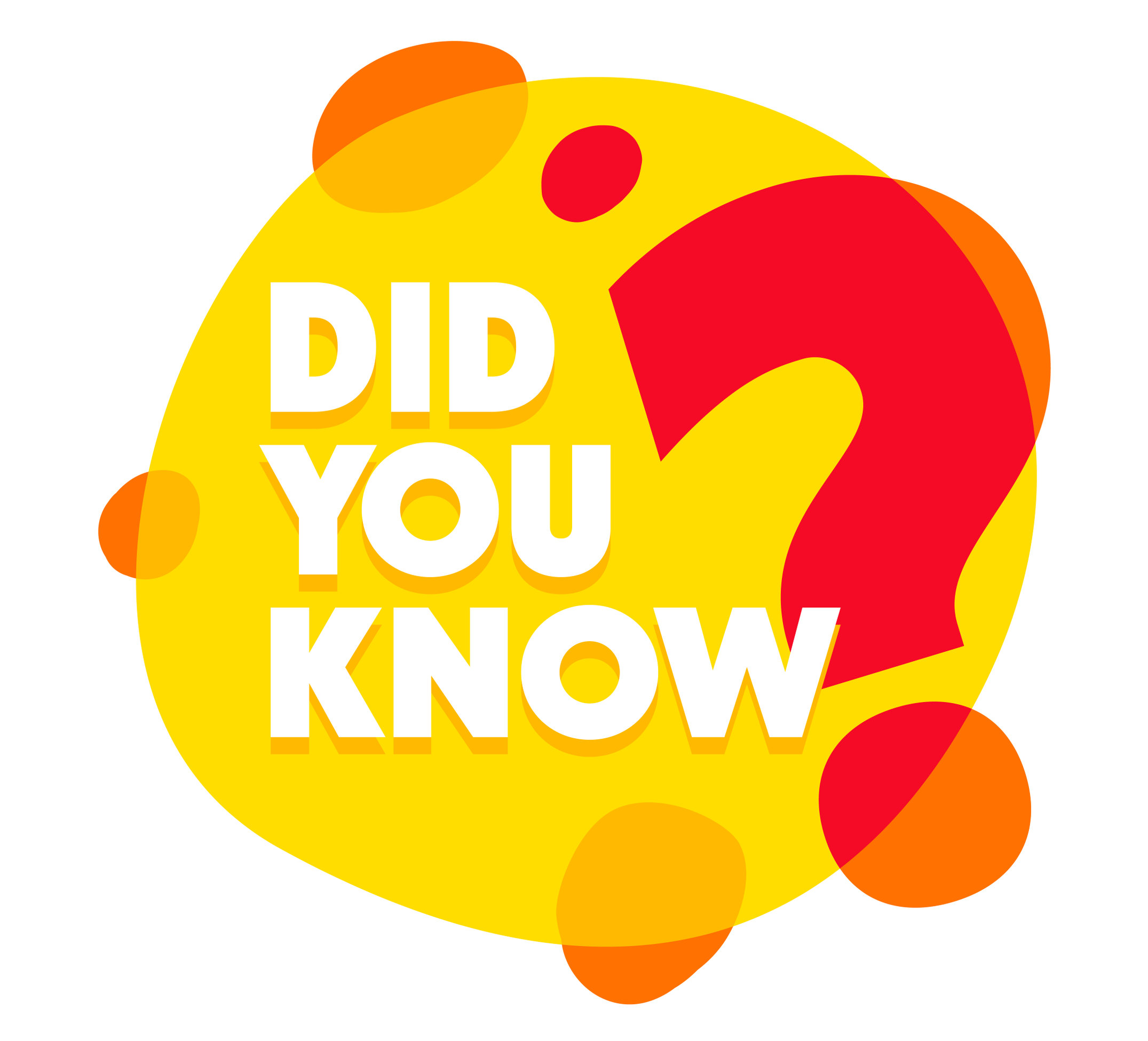Psychedelic mushrooms, often referred to as psilocybin mushrooms or simply as magic mushrooms, are fungus varieties that contain psilocybin, a compound that has many effects on the human body, one of them being to cause visual, auditory and often tactile hallucinations.
The hallucinogen features of these mushrooms have been recognized by humans thousands of years ago and were extensively used by shamans and healers in tribal communities in divination and other religious rituals. These hallucinogen features are also what has led to the implementation of strict legal regulations related to the usage and any kind of manipulation of these special fungi, but today, an increasing amount of scientific interest is directed towards other qualities of the mushrooms and the potentials that the compound has in the treatment of certain mental and physical conditions.

According to a company that markets mushroom spores for golden teachers mushrooms and other types as well, here are some things to know about what some of the research programs focusing on the medicinal qualities of magic mushrooms have come up with so far.
A Potent Treatment for Depression
One of the major interests that inform the research related to magic mushrooms is towards the effects that the active compound in the mushroom has on depression sufferers. What scientists know so far is that the volunteers who were administered just one large dose or two micro-doses of psilocybin reported a significant and long-lasting improvement in their condition, manifesting in the form of a more optimistic, more positive attitude towards others and life in general, heightened energy levels, improved focus and concentration as well as improved empathy. A study conducted with the participation of patients suffering from terminal cancer also reported a significant improvement in their mood and attitude – an aspect that might have significant positive effects on their overall quality of life as well as on their prognosis.
Research to Calculate Ideal Dosage
Psilocybin can be administered in larger doses or in micro-doses, the hallucinogen effects emerging only with large doses. According to many researchers, the right micro-dose administered at regular interval can give the user all the positive effects that the compound has on overall health and mental and emotional well-being without any of the acute effects, such as hallucinations, so research is being conducted into figuring out the best dosage as well.
Help for People Addicted to Tobacco, Alcohol or Other Substances
Psilocybin is a non-addictive compound, which means that it can be efficiently used as an aid for those who need to or want to kick an addiction. So far, the compound has proved to be efficient in the treatment of tobacco addiction – studies conducted with the participation of long-time heavy smokers have revealed that the compound administered in tiny doses has helped the participants put down cigarettes as well as to stay away from tobacco products. The participants also reported an easy transition to a smoke-free life, without suffering from the withdrawal symptoms that made them return to smoking so many times before. The findings are opening up new pathways for research, potentially in the direction of how psilocybin can help in the case of alcohol and drug addictions.
